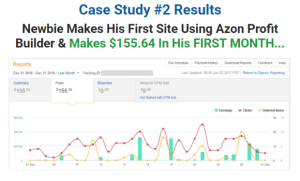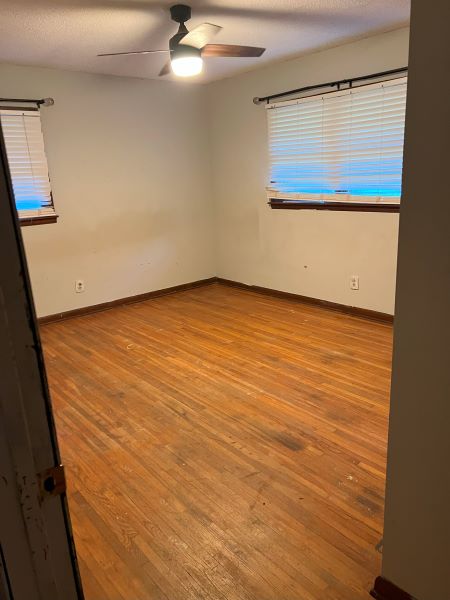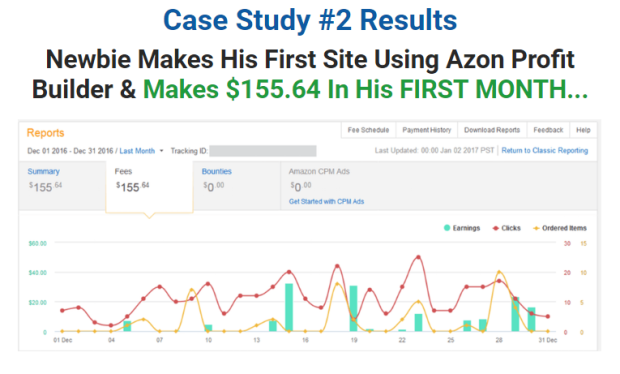When I wrote about the pros and cons of homeschooling recently, I left one major piece of the puzzle untouched: How does a family handle the loss of income if a stay-at-home parent is required?
It’s not just the loss of monthly income. The parent who stays at home doing the bulk of the educating is also missing out on some other benefits of employment (employer contributions to a 401(k), social security benefits, avoiding a resume gap, etc.). These aren’t necessarily easy to quantify.
So let’s take a look at the financial piece of the puzzle to the extent we can; but first, is it possible to homeschool without losing income?
Homeschooling with employed parents
If you are not homeschooling because your family can’t afford to live on a single income, I have some good news for you. While most homeschooling families I know have a traditional stay-at-home parent, I do have a set of friends who homeschool their children and still work full time. How?
Well, they both work in the healthcare field and their children’s grandparents are very involved. During the days when both parents are working, one grandparent watches their children and teaches them half the school subjects. When the mother is home, she teaches the rest of the subjects.
Changes are coming for the next school year. My friend (the father) explained how it will work:
“My mom will take over full time, as she is retiring from her job and volunteered to take over all of the schooling. We will still do the preparing/grading and such, but she will do the bulk of the teaching. This way, there’s a bit more structure to their day and not as much switching back and forth of teachers.”
He admits things have improved since they began homeschooling their children. At first, both parents continued to work full time and he did all the homeschooling in the evenings when he got home from work.
Getting creative with work commitments
Like other healthcare workers, their hours are not always 9 to 5. Despite how busy their lives must be, I do think parents who work different shifts could juggle homeschooling while still working full time.
In addition, many hospitals offer a weekend option, where nurses or other allied health professionals work every weekend but have the whole week off. Others work 10- or 12-hour days and maybe have three or four days off per week.
If creative shifts aren’t an option for you, can one parent cut any hours out of their work schedule?
My husband and I are not considering homeschooling; but as an example, I work part time from home while my husband has a very flexible schedule with minimal hours during half the year. If we were interested to homeschool our children, we could find a way to juggle the responsibilities.
But to be honest, I think homeschooling and having both parents work full time is a daunting and overwhelming task. I would have a hard time completing both tasks well, but I know people are very dedicated and make it happen.
Questions to ask — homeschooling on a single income
Preparing to homeschool on a single income seems relatively similar to preparing to be a stay-at-home parent. Extrapolating my experience transitioning from full-time job to stay-at-home mom, here are some things to consider before taking the plunge to homeschool:
1. Who wants to do the educating? How will the educating responsibilities be divided?
2. Does it require one parent to quit a job? Which one?
3. How much does the elimination of one income affect the overall family income?
4. How will this change impact the family’s expenses?
5. For the spouse who is terminating employment, is there at least an option to keep current with the field so it is easier to reenter the workforce?
6. How does this decision affect retirement contributions?
Refining the budget
What I discovered when my husband and I cut our income in half was that, once we had the basic framework for our finances in place, we still needed to give our budget further scrutiny. This is basically what we did as we went from two incomes down to one and what you can do if you are making the transition to homeschool on one income:
-
Streamline the budget slowly and early. While it is a necessity, a hefty online savings account only gets you so far if you don’t change your spending habits. We had a hard time cutting our spending to match our new income. I think part of the problem was our savings account wasn’t big enough, but I also think we were living a certain lifestyle that matched our former income.
It took some time for our spending to reflect our new income level. In hindsight, I wish we would have slowly adapted our budget before we needed to. So if you know homeschooling is coming, you can make the transition easier by streamlining your budget well in advance. -
Start saving — a lot. One way to force yourself to live on less is to start saving a lot more. Not only will you have the benefit of practicing with a leaner budget when you don’t actually have to, but you will also have a nice savings account balance (maybe an emergency fund?) as a cushion.
-
Reduce the debt load. You don’t need the extra pressure of making payments on a single income. If possible, eliminate your existing debt so you can breathe.
-
Increase income wherever possible. The working parent should try to increase their income, if possible. Negotiate a raise. Get a promotion or a higher paying job (preferably with the same or fewer hours, right?)
-
Cut expenses. Tap into all the traditional ways you probably already know: Get rid of unnecessary expenses, trim your grocery budget by eating at home more often, negotiate lower monthly bills, raise deductibles in return for lower insurance premiums.
-
Plan for retirement. Also, consider the lost income-earner’s former retirement contributions. Make sure there is still money in the budget to contribute. Again, speaking from experience, while 401(k)s are not without disadvantages, they do allow crockpot or fix-it-and-forget-it retirement contributions. Don’t get out of the habit.
Homeschooling will test the parents, too. By having a financial plan in place, everyone just might pass the test with flying colors.
Any double-income homeschooling families out there? If you became a one-income family to homeschool, how did you adapt to the change in income? We’d love to hear your stories!
![]()
SOURCE: Get Rich Slowly – Personal Finance That Makes Sense. – Read entire story here.





















